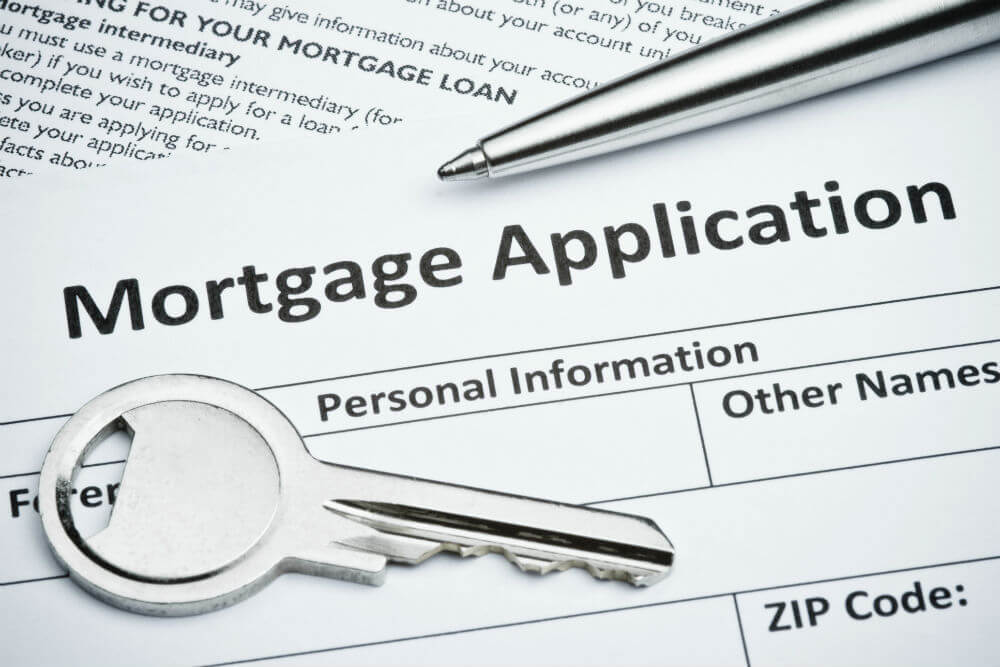Do I need to pay mortgage broker fees?
Broker fees and cancellation fees can add hundreds, even thousands, to your closing costs
Advertisement
Broker fees and cancellation fees can add hundreds, even thousands, to your closing costs

Q: I applied for a mortgage, but at the last minute the broker told me I’d have to pay $1,534 in mortgage broker fees. This was a totally unexpected cost for me. Do I have to pay the fee?
A: Short answer: It depends on the broker agreement you signed.
While this might hurt, you need to take into consideration why.
Mortgage brokers don’t get paid unless a deal closes. That means if you spend four weeks discussing a mortgage deal with a broker and the bank decides to decline the deal—not only will you be left without a mortgage, but your broker will be left without a paycheque.
Answer a few quick questions to get a personalized quote, whether you’re buying, renewing or refinancing.
To avoid this situation, brokers will “qualify” a client—a term used to determine whether or not you’re the type of borrower most banks would consider a “prime client.” Typically, a qualified client is a person who holds a regular, full-time job, has little or at least manageable debt and a credit history that proves he or she consistently pays the bills.
If you’re a “prime client” you shouldn’t expect to pay a fee to your mortgage broker and you will get offered the most competitive mortgage rates available in the market. But things get a bit more complicated if you get bumped from that “prime client” list.
Those on the “non-prime” client list can expect to pay mortgage broker fees that range from 0.5% to 2%—but you only pay this additional fee once the mortgage application is approved and closed.
“For non-prime borrowers it’s common for a broker to charge an additional fee on top of the finder’s fee paid by the lender to the broker,” says explains Robert McLister, a mortgage broker and founder of RateSpy.com. That’s because non-prime mortgage clients usually have far more complex applications that require many more man hours. “There are no simple non-prime applications. Brokers must often call multiple lenders to determine who has the best terms for the client’s unique circumstances,” explains McLister, and this takes time and experience.
Still, all fees should be disclosed before you apply to the lender, explains McLister. “In Ontario, the law requires mortgage brokers to disclose all fees up front, before a binding mortgage agreement is signed.” And for mortgages that are $300,000 or less, a mortgage broker cannot accept fees at all before obtaining a mortgage approval.
It doesn’t end there. Some mortgage brokers will also charge clients a cancellation fee—an additional cost from $300 to 1% of the mortgage amount—should you cancel your mortgage before you close the deal. (This can happen when you’re working with more than one broker and opt for a mortgage with a better rate leaving the other mortgage broker out in the cold without a deal.)
“In this case, your contract would specifically state that a cancellation fee applies if you back out after you receive approval,” says McLister. And there’s sound rationale for this additional charge. Mortgage brokers are measured on their efficiency—the number of approved applications they submit to lenders that actually close. If this efficiency rating drops below 65% to 75%, they risk losing their special discounts with that lender, or getting cut off altogether, which hurts future clients and their ability to compete. As such, some brokers try and deter rate-hoppers from cancelling an application by adding the cancellation fee.
But to return to your question: You will need to review the contract you signed with your broker to determine if a broker fee was included, in addition to any lender fee that broker would’ve also received. If the fee is required by the contract then you’re on the hook and have to pay.
Share this article Share on Facebook Share on Twitter Share on Linkedin Share on Reddit Share on Email
I had a mtg with a broker and it expired during covid times April , He was closed and we just kept paying at 8 percent. The fees he charges percentage and lawyers fees were almost 5000 . I am now trying to get someone to help me and am not qualifying because I have been off work for 6 months due to a health condition and covid. The broker is now wanting 6 cheques to pay ahead until next year . The broker that is trying to get a new mtg with is saying that the previous broker could charge up to 9-15000 dollars to disclose as the mtg is now open . Is he able to do this with a open expired mortgage.
Due to the large volume of comments we receive, we regret that we are unable to respond directly to each one. We invite you to email your question to [email protected], where it will be considered for a future response by one of our expert columnists. For personal advice, we suggest consulting with your financial institution or a qualified advisor.